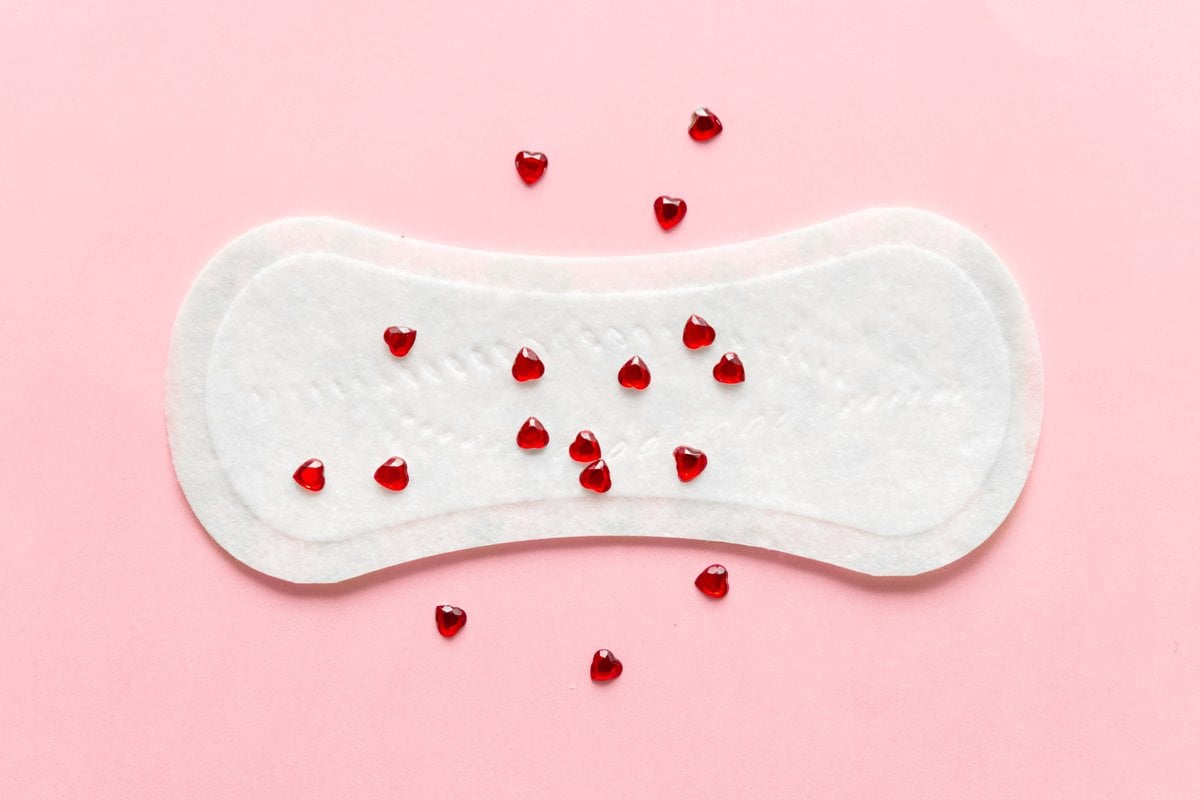
If you're a person with ovaries, then you know that spotting is just a thing that happens - usually before your period. When you're wearing white. Or your fave pair of undies. Classic.
And in most cases, it's really nothing to worry about. It's just another fun thing we deal with, right?
But what if you're experiencing impromptu, non-period spotting on the regular? What does that mean?
Watch: Here's what your period would be like if she was a person. Post continues below.
Well, a few different things, actually.
Random spotting might be related to everything from stress to vaginal tears and even polycystic ovary syndrome.
So, how do you know exactly what's going on if you're bleeding before your period even starts? Yikes!
We've pulled together nine possible reasons and what to look out for.
Wait, what does spotting actually look like?
Oh, good one! Spotting (also known as staining) is basically a small amount of bleeding that usually happens between periods (it's often enough to stain your undies but not enough to bother with a tampon, you know?).
However, sometimes it can be confusing to know whether you're spotting or menstruating - especially for women who have really irregular or light periods.

Top Comments